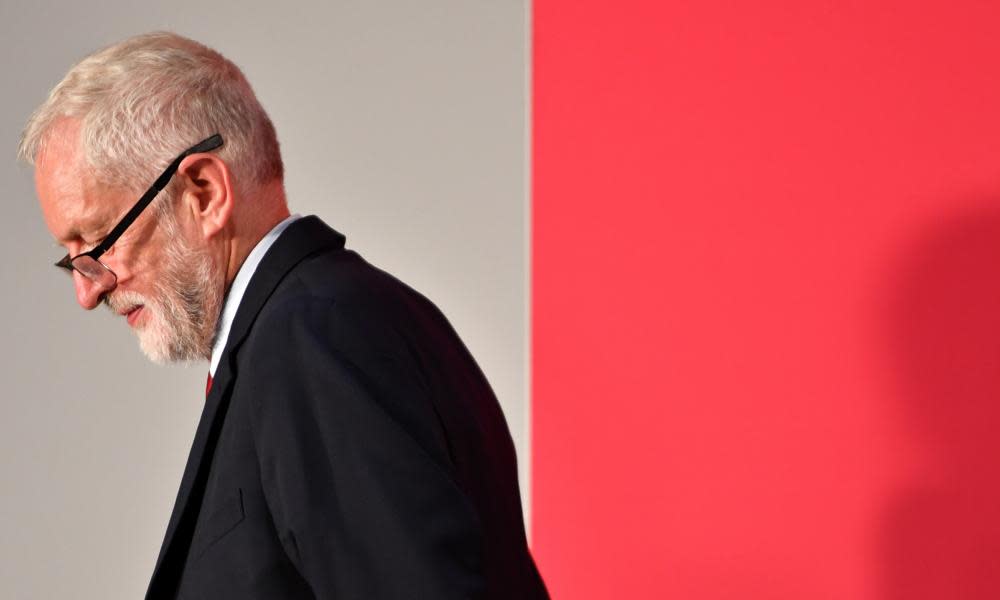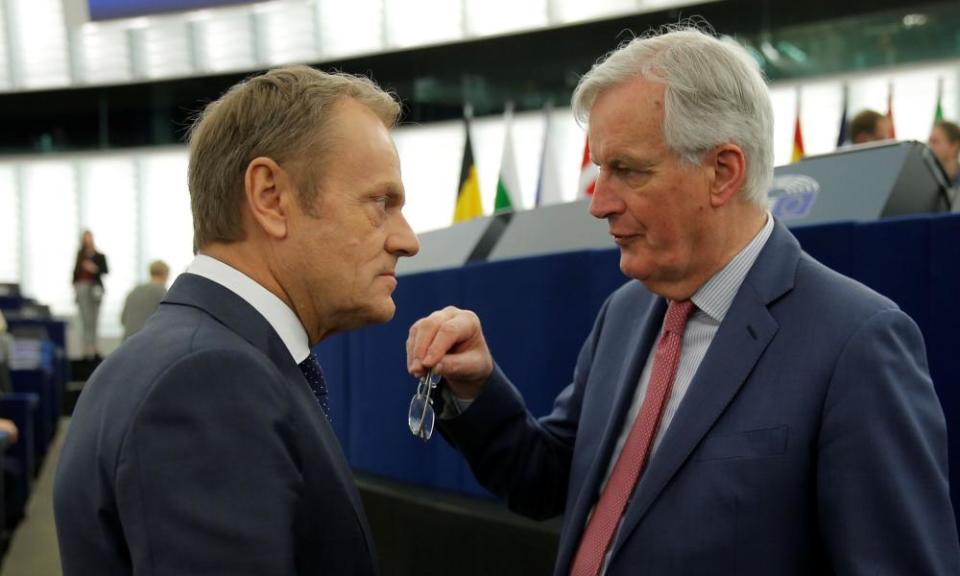Labour cannot out-remain the Lib Dems. Thankfully, it doesn’t need to

The Liberal Democrats, at their Bournemouth conference this week, are in triumphant mood. This year has witnessed the strange rebirth of the party as the champions of remain. And its latest commitment, to revoke article 50 without a further referendum, is a naked attempt to outflank Labour among highly motivated remainers.
The Lib Dems have become the standard bearers for a form of elite politics where commitment to Britain’s membership of the EU eclipses all other matters. This affliction is also found in parts of the Labour party, where many self-identifying “moderates” have seized upon Brexit in the absence of locating anything else to believe in. No matter that ordinary voters have a much wider set of concerns about their lives, from wages to public services to climate change.
Those who claim remain is the defence of Enlightenment values exhibit totalitarian intolerance
For anyone questioning whether Britain is run by a small, entitled and out-of-touch elite, the histrionic behaviour of much of the ruling class has confirmed it. They have thrown a giant temper tantrum about not getting their way on Brexit. On both centre-left and centre-right, the cognitive dissonance of Brexit is combined with a personal sense of burning injustice – that they do not control their parties, and the natural order of things is that they should be in charge. The sense of entitlement runs deep.
This leads remain ultras to amplify the points of difference rather than emphasise the areas of common ground. They have invested heavily in trying to toxify the Labour party. They have found novel ways to disagree, from the timing of a referendum to whether the ballot should include a “credible leave option”.
These dynamics have helped to generate a form of politics that is divorced from the lived experiences of most people – obsessed with procedure and personality. That’s why they celebrate parliamentary procedural changes and court judgments as great victories. But the truth is, ordinary voters simply don’t care. Just as few people cared when Labour grandees resigned from Jeremy Corbyn’s frontbench, few care about the departure of the now-lionised 21 Conservative MPs who were sacked for voting against no deal. There is a reason why “too clever by half” is an insult in this country. Why would anyone think that approaching Brexit as if it were a mad chess game would be popular with the public?
The truth is that it is terrible politics. It fundamentally misunderstands the mood of the country and prevents the most powerful arguments from being made. Most people are sick and tired of the discussion of Brexit. They simply want the issue to go away. That’s why the idea of a “clean break” promised by Brexiters is gaining traction with the public.

The failure to recognise this leads to poor judgments from the remain ultras. Rather than speaking about the risks of no deal, remainers would do better to point out that it is a plan to go back to square one in negotiations with the EU – in the midst of chaos, disruption and job losses. It means yet more years of squabbling over the financial settlement and the Irish backstop, which the EU says will be the first items in the talks that would follow a no-deal exit. No deal is a way for the Tory’s hardline European Research Group to indulge its Brexit fetish with a decade of Brexit, Brexit and more Brexit. No deal is a dirty bomb, not a clean break.
The alternative is to give the people the “final say” and have Brexit over and done with early in the new year. That’s why it will be essential to show how a new referendum can resolve the Brexit crisis quickly, and once and for all. The ballot should include a specific date for departure, or for the revoking of article 50. If that is going to work, it is essential the public is offered two serious choices that could actually be implemented.
The only reason negotiations have dragged on in recent years is because Brexit dogma and ideology has stood in the way of common sense and mutual interest.
For any future Labour or Labour-led coalition government, there is no need for an extended period of negotiations to redraft the political declaration. Top EU officials including Michel Barnier, Jean-Claude Juncker and Donald Tusk have publicly stated their support Labour’s proposal for the future partnership, which is why a revised political declaration could be drafted and agreed in an afternoon.
Related: Labour's tax on City deals would be a big vote winner | Larry Elliott
For all the criticism of Labour, it is in fact committed to giving the public the final say; the vast majority of Labour MPs, members and voters support remain and would campaign for it. It really shouldn’t be surprising that a progressive party is pluralist and wishes to allow those within it who take a dissenting view, giving its leave supporters the space to do so. There is a great irony that those who claim remain is the defence of Enlightenment values appear to exhibit totalitarian intolerance of dissent.
What’s more, it makes little sense for Labour to narrow itself into a one-dimensional “party of remain” when there is a significant possibility that Johnson will pass a cosmetically altered version of Theresa May’s withdrawal agreement and Britain will leave the EU at the end of October. Just as the Tories cannot out-Brexit the Brexit party, Labour cannot out-remain the Lib Dems. Neither does it need to. The message “Brexit: you decide” is powerful, all the more when allied with the promise of a specific date when Brexit will end. And if the remain ultras continue their destructive campaign against Labour, the only beneficiaries will be the Tories and the Brexit party.
• Tom Kibasi is director of the Institute for Public Policy Research. He writes in a personal capacity

 Yahoo News
Yahoo News 
